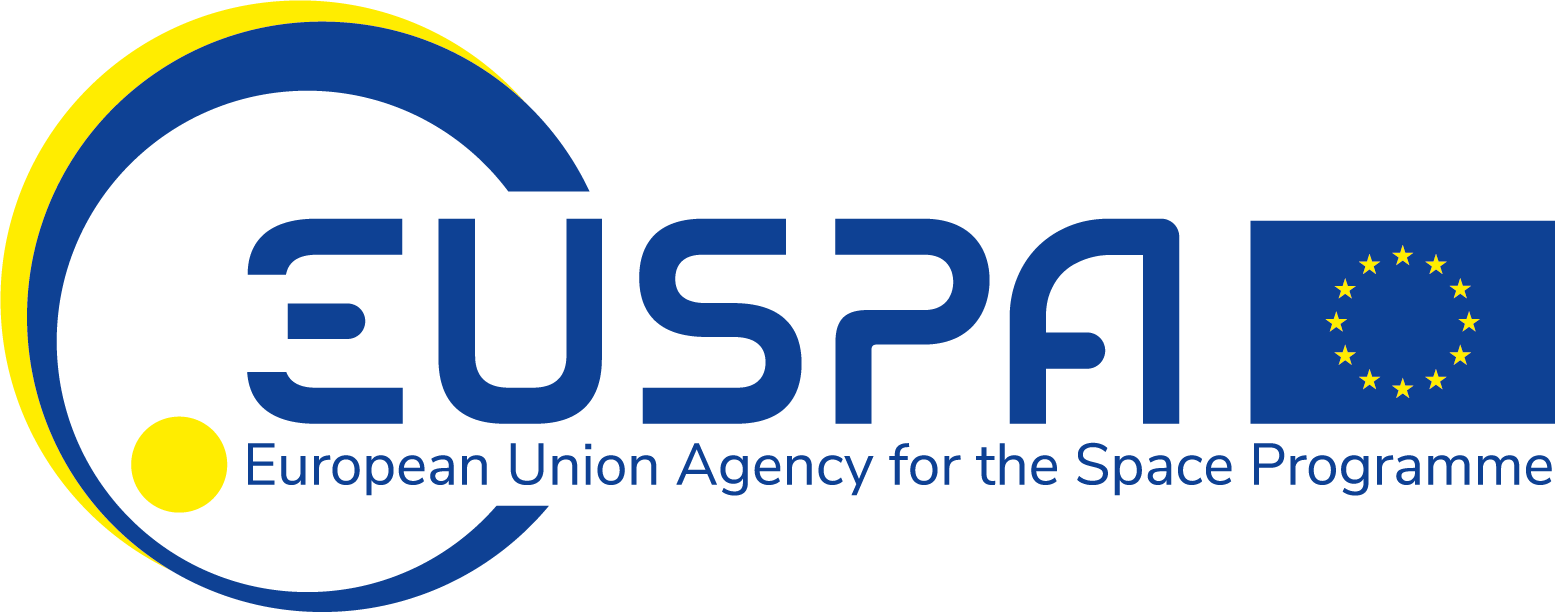A JULIA partner develops new software to better leverage Galileo satellites’ geolocation services for autonomous shuttles
Geolocation, a key component for autonomous shuttles
As the automotive industry speeds towards autonomous vehicles, precise geolocation has become key. It is the main way to ensure the ability of the vehicle to know its exact position and be in the right lane. This geolocation relies on various Global Navigation Satellite Systems (GNSS), such as Galileo.
In this context, special attention should be paid to GNSS spoofing threats. They may prevent autonomous vehicles from making robust and accurate decisions based on the real-time positioning data provided by the system.
How could Galileo services improve the way autonomous shuttles work?
Integrating GNSS data with other sensors enhances a vehicle’s ability to perform lane keeping, obstacle detection, and adherence to traffic laws, ensuring safety on the roads.
The EU Agency for the Space Programme (EUSPA) developed Galileo’s Open Service – Navigation Message Authentication (OSNMA). This service provides the necessary cryptographic means to authenticate the navigation message broadcasted by Galileo satellites. The navigation device could then raise a warning of a potential spoofing event in case of failure in the authentication of the OSNMA cryptographic material.
Concrete improvements for autonomous shuttles developed within the JULIA project
One of JULIA’s partners, Rokubun, developed SPEAR OSNMA SDK, an OSNMA software development kit to decode and process Galileo’s OSNMA even in harsh urban conditions, similar to the ones faced by the vehicles on roads. The SDK can ensure the robust positioning necessary for the safety and reliability of autonomous driving.
This solution will be directly tested on one of the Level 1 pilots of the project in Slovenian urban and peri urban areas conducted by Arriva in the City of Kranj, which is one of the 100 EU climate neutral cities. This will support also the vision of City of Kranj, which is on the path of a 100 % zero emission public transport by 2026 and is also one of the digitally most advanced Cities in the region.
To know more, download Rokubun’s white paper here: https://www.rokubun.cat/white-paper/



